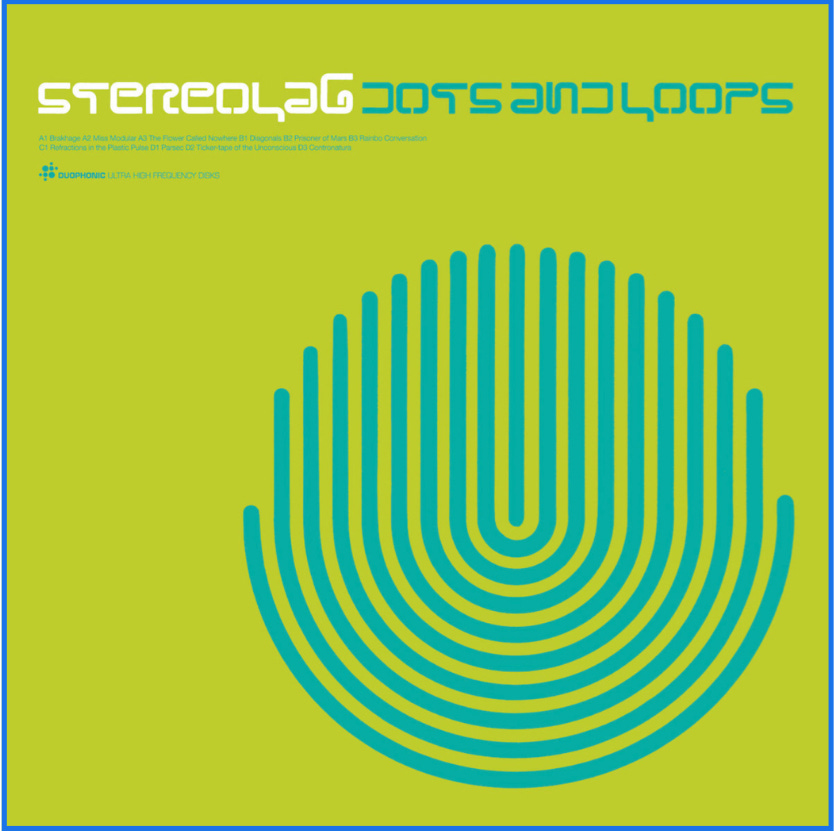Sonic Suggestions for the Soul Vol. 2
A human-curated soundtrack that defies the algorithm—three albums that challenge, inspire, and move beyond the mainstream.
Some enthusiastic album recommendations from a longtime music lover and current university music student. I’m writing a paper for school right now on the problems with copyright infringement in the music industry, and how today we see more and more songs sounding very similar to each other. Part of why this is can be attributed to the era of music streaming services and the curated playlists that help a lot of us find new music to listen to. Record labels will see the popularity these playlists cultivate and might incentivise artists to create songs with a similar “vibe” in order to get their news songs on these playlists that have such a wide reach. In a way, the algorithmic-generated playlists can eventually hurt the diversity of popular music that we value so much. While there’s nothing inherently wrong about them, encouraging a more humanistic avenue for the discovery of new music is something I’m striving for.
Dots And Loops (1997) - Stereolab
Many fans and critics seem to agree that Dots and Loops is the strongest album from the Anglo-French experimental band Stereolab, as well as being their first album to achieve real commercial success, cracking the coveted Billboard Top 200 chart and bringing the band’s popularity to the Western Hemisphere. While Stereolab has remained under the radar to mainstream audiences for most of their career, they have a devoted fan base, and are revered for their influence on the krautrock, avant-pop, and electronic music scenes. Sonically, the record is a perfect culmination of all that makes Stereolab’s sound so phenomenal: layers of looped, programmed electronic sounds that sound like an old radio show from outer space, along with founding member Laetitia Sadier’s crystalline French vocals and philosophical lyrics, odd time signatures, some heavy bossa nova and jazz influences. I saw Stereolab play at Brooklyn Steel a few years ago, I was so impressed with how they were able to adapt their discography of highly produced, tech-heavy songs, into an equally precise live performance.
Favorite tracks: Miss Modular, Rainbo Conversation, A Flower Called Nowhere
Mayhem (2025) - Lady Gaga
I have been absolutely obsessed with this record ever since Lady Gaga performed the album’s lead single, “Abracadabra”, and the 6th track, “Killah” on Saturday Night Live a few weeks ago. Showing out in total Gaga fashion; with the campy costumes, gothic-esq, and precise choreography. Gaga belting out and dancing to her fullest, performing like it could be the last time she’ll ever do it. Entering the back half of her now two decades-long career, Lady Gaga is someone who a lot of us have grown up listening to. Her music and eccentric, one-of-a-kind persona, has easily cemented her as one of the greatest pop stars we’ve ever seen. What is so special about Gaga is that she never stops. With this album we see her continue to push the ball forward, crafting a pop record that is full of homages to the funky, electronic rock of artists like Prince and David Bowie, to industrial techno sounds with the help of elusive French producer Gesaffelstein. Gaga’s anticipated return to her roots is a blessing to Lady Gaga Fans (also known as Little Monsters) everywhere and it’s not one to miss.
Favorite Tracks: Killah, Zombieboy, Perfect Celebrity
Zombie (1977) - Fela Kuti
Fela Kuti is the king of Nigerian Afrobeat, a genre that fuses traditional West African music with American funk and jazz influences. Kuti practically created the genre alongside his drummer and music director, Tony Allen. Kuti-style Afrobeat is distinguished by long (sometimes 40-minute) tracks with simple chordal structures, catchy, repetitive melodies, and a big band, made up of a mix of traditional American jazz horns and West African percussion instruments. Kuti himself played tenor sax and his brassy, unapologetic playing style is emblematic of Afrobeat’s lack of emphasis on perfection, focusing on a more groove and dance-based structure. Afrobeat, a style of music pioneered by Fela Kuti, is not to be confused with Afrobeats, a catch all genre of African pop music. Kuti was also a known political activist, and often incorporated his disdain for the Nigerian military in his lyrics. The title track off of Zombie became massively popular upon its release in Nigeria, which likened Nigerian soldiers to “zombies”, blindly following the government's oppressive orders. The message Kuti was sending was clearly reaching the masses, and in response the Head of State of Nigeria ordered a raid on Kuti’s commune, the Kalakuta Republic, destroying recording studio equipment and injuring Kuti’s mother in the process. Zombie, alongside all of Kuti’s discography, is an important reminder to the political power of music and its abilities as a catalyst for real change and resistance.
Favorite Tracks: Zombie, Mistake
Listen to the playlist here!






